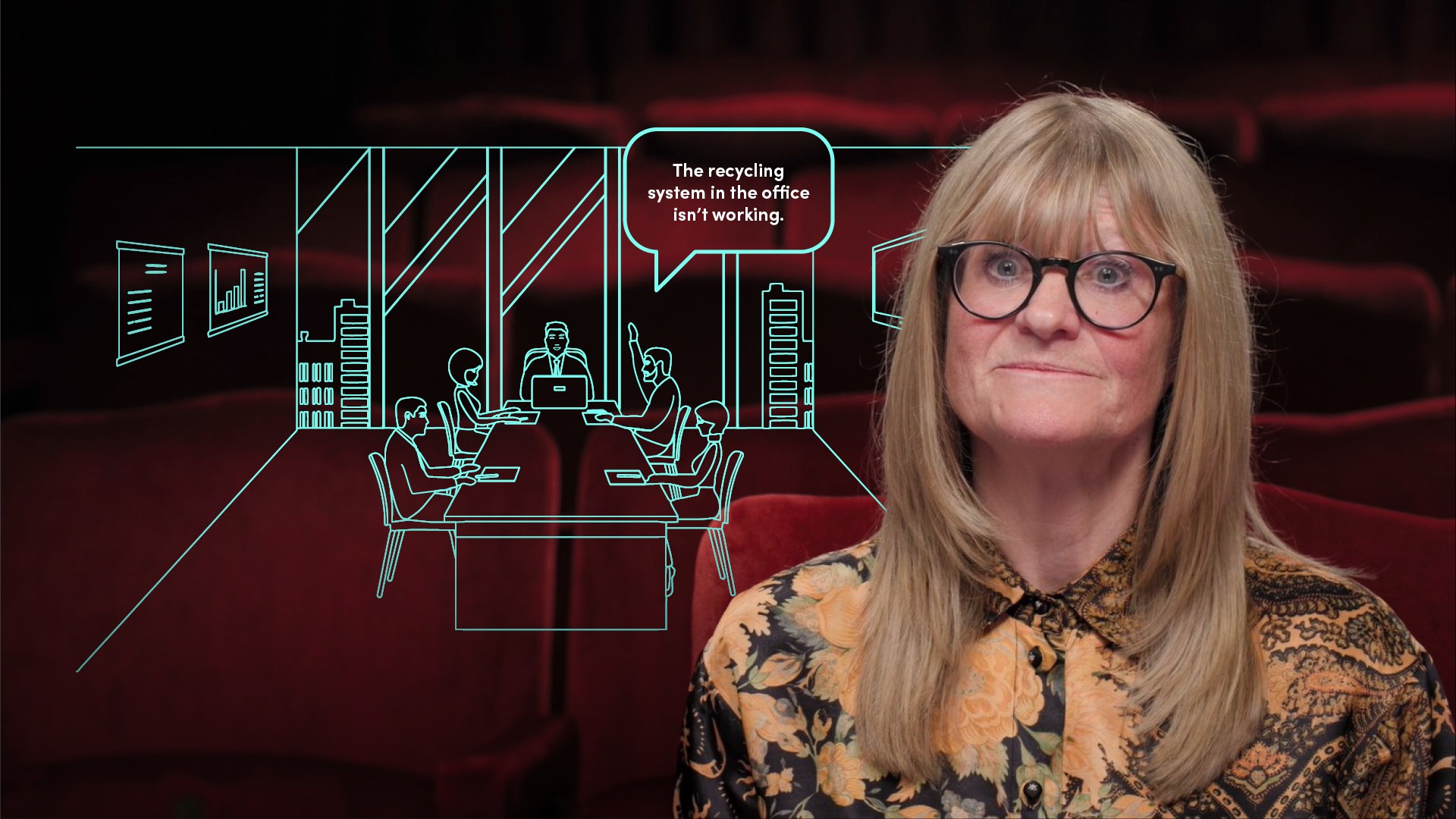
The Importance of Listening in Leadership and Sales

Debbie Taylor
25 years: HR & Management
Traditionally leaders have been described in terms of strong decision making, needing to take command and having direct conversations. In this video, Debbie reevaluates the characteristics that make a good leader and the importance of listening when selling.
Traditionally leaders have been described in terms of strong decision making, needing to take command and having direct conversations. In this video, Debbie reevaluates the characteristics that make a good leader and the importance of listening when selling.
Subscribe to watch
Access this and all of the content on our platform by signing up for a 7-day free trial.

The Importance of Listening in Leadership and Sales
4 mins 33 secs
Key learning objectives:
Outline the key listening skills of leaders today
Outline the framework for listening in sales
Overview:
Traditionally leaders have been described in terms of strong decision making, needing to take command, having the courage to take risks and have direct conversation as well as thinking what they need to do and react quickly. More recently core leadership competencies have begun to include interpersonal skills which includes the ability to communicate at an emotional level. This includes the ability to listen in order to build trust, respect and an environment of collaborative problem solving.
Subscribe to watch
Access this and all of the content on our platform by signing up for a 7-day free trial.
What are key listening skills of leaders today?
The role of leaders must be to move away from identifying key ideas to convince the team, using persuasive facts which are enthusiastically shared to beat off other facts. Rather their success as leaders lies in their ability to:
- Listen empathetically to their people, recognising the verbal and non-verbal clues e.g. ‘Thank you for sharing how you feel about his situation, it is helpful to understand where everyone is coming from on this issue’.
- Probe a little deeper for what is not being said e.g. ‘you seem happy/uncomfortable, I would like to learn more’.
- Understand the meaning of the message and capture the key points e.g. ‘here are the points of agreement/disagreement’ or ‘here are the suggested next steps, what do you think’?
- Encourage communication to continue by capturing the points, clarifying the questions and confirming through further meetings.
- Show that listening has taken place by making changes and explaining decisions.
What is a framework for listening in sales?
Success in sales lies in listening and a simple but highly effective framework for this is use all the techniques in this series of videos in order to:
- Get to know the business
- Get to know the person
- Understand the issues and problems
- Clarify the implications of those issues and problems
- And only then introduce solutions to those problems
Subscribe to watch
Access this and all of the content on our platform by signing up for a 7-day free trial.

Debbie Taylor
There are no available Videos from "Debbie Taylor"





























